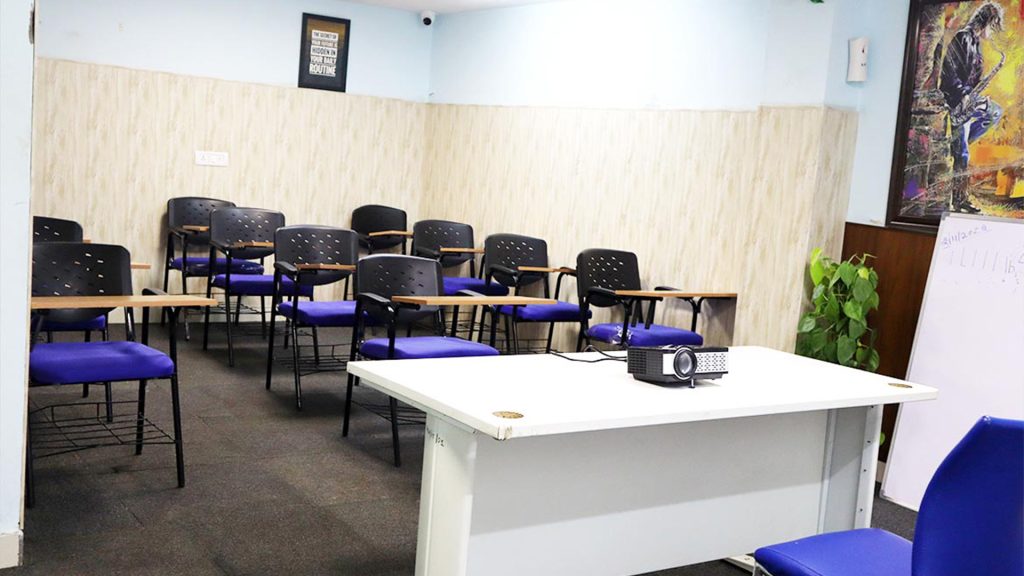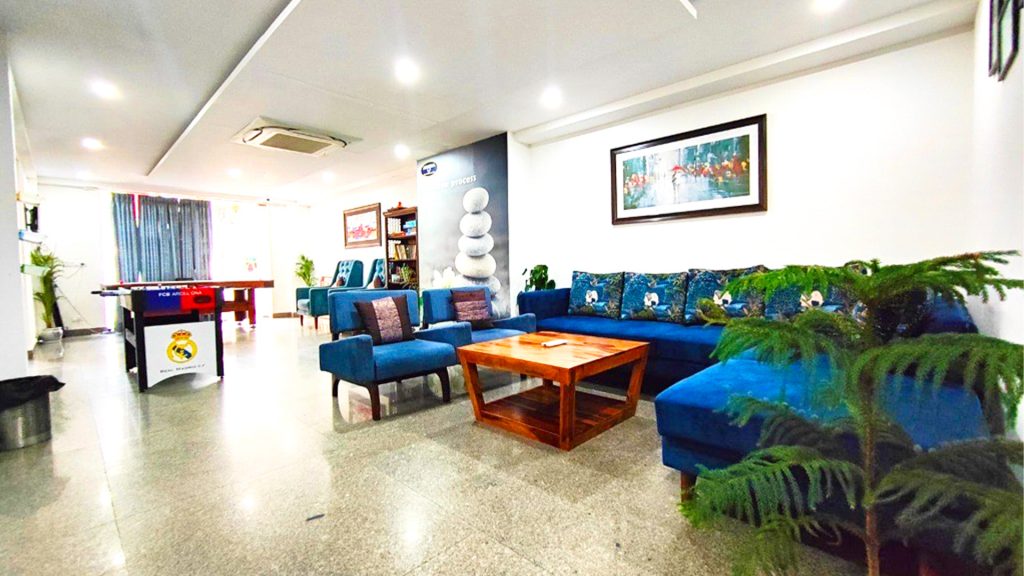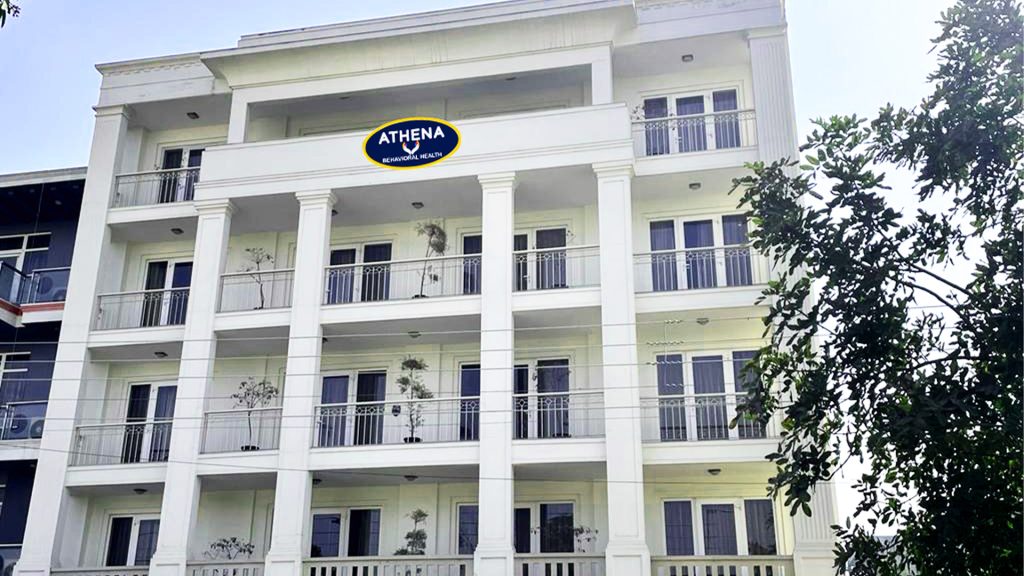Depression is a tough battle, but every small victory counts
Treatment Team
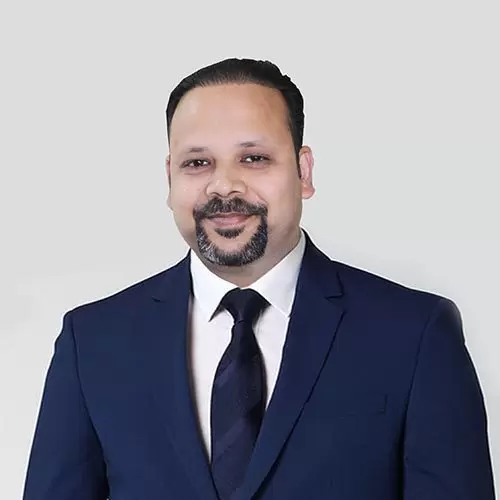
Dr. Ashish Kumar Mittal
(AIIMS - Delhi)
Medical Director

Dr. Rahul RRai
Clinical Director

Dr. Namit Gautam
Consultant Psychiatrist || ABVIMS & DR RML HOSPITAL - New Delhi
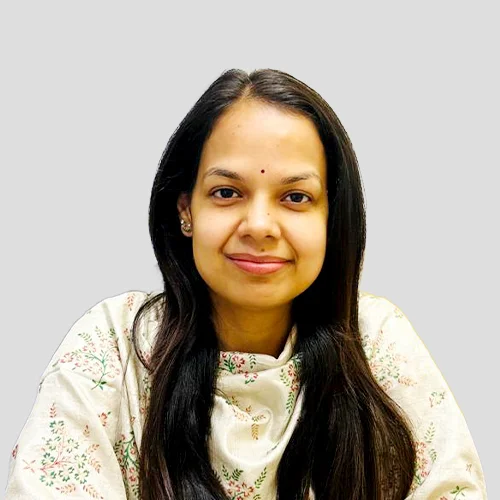
Dr. Namrata Kumari
Consultant Psychiatrist || AIIMS - Rishikesh
FAQs on Depression
The best treatment for depression typically involves a combination of approaches. Medications like antidepressants can help correct chemical imbalances in the brain. Psychotherapy, such as Cognitive Behavioral Therapy (CBT) or interpersonal therapy, addresses the underlying thoughts and behaviors contributing to depression. Lifestyle changes, including regular exercise, a balanced diet, and sufficient sleep, also play a crucial role. It’s important to work with a healthcare provider to determine the most effective treatment plan tailored to individual needs.
Finding a psychiatrist who specializes in depression can be done through several channels. You can start by asking your general physician for a referral. Online Google search using search Terms like “ Psychiatrist for Depression” , Psychiatrist specializing in depression near me , Best Depression Treatment Doctors In Gurgaon can be used or can also search on Practo. Don’t hesitate to check patient reviews and ensure the psychiatrist has experience with depression treatment.
Major depression is characterized by a persistent feeling of sadness or a lack of interest in activities once enjoyed. Other common symptoms include changes in appetite or weight, difficulty sleeping or oversleeping, loss of energy, feelings of worthlessness or excessive guilt, difficulty concentrating, and recurrent thoughts of death or suicide. If these symptoms last for more than two weeks, it’s important to seek help from a healthcare professional.
Depression comes in various forms, each with distinct features. Major Depression involves severe symptoms that interfere with daily life. Persistent Depressive Disorder (Dysthymia) is a long-term form of depression with less severe symptoms. Bipolar Disorder includes episodes of depression alternating with periods of mania. Postpartum Depression occurs after childbirth, and Seasonal Affective Disorder (SAD) is depression related to changes in seasons. Recognizing the type of depression is crucial for effective treatment.
Supporting someone with depression requires patience, understanding, and empathy. Encourage them to seek professional help and offer to assist with finding a therapist or attending appointments. Listen without judgment, and let them know that they are not alone. Avoid offering simplistic solutions like “just cheer up” and instead acknowledge their feelings. Encourage healthy habits, such as regular exercise and eating well, and be there for them consistently.
Several effective therapies are available for treating depression. Cognitive Behavioral Therapy (CBT) is widely used and focuses on changing negative thought patterns. Interpersonal Therapy (IPT) addresses relationship issues that may contribute to depression. Psychodynamic Therapy explores unconscious patterns stemming from past experiences. Other approaches include mindfulness-based therapies and group therapy. A mental health professional can help determine the best approach based on individual needs.
Depression treatment centers can be found through online searches or by contacting local mental health organizations. Many centers offer specialized programs, including inpatient and outpatient options, tailored to different severity levels of depression. Websites like the Rehabs.in and Google search provide directories of treatment centers across various locations. It’s essential to research and choose a center that aligns with your treatment goals and have SMHA license from Government Authority
Yes, depression can often be treated without medication, especially in mild to moderate cases. Psychotherapy, particularly Cognitive Behavioral Therapy (CBT), has been shown to be highly effective. Lifestyle changes, such as regular exercise, a healthy diet, and good sleep hygiene, can also significantly improve symptoms. Mindfulness and stress-reduction techniques, such as yoga and meditation, are beneficial as well. However, severe depression may require a combination of medication and therapy for optimal results.
Depression in teens can present differently than in adults. Common signs include persistent sadness or irritability, withdrawal from friends and activities, changes in eating and sleeping habits, unexplained aches and pains, and a decline in school performance. Teens may also express feelings of worthlessness, guilt, or hopelessness. It’s important to take these signs seriously and seek professional help if you suspect your teen is experiencing depression.
Inpatient care may be necessary if depression is severe and poses a risk to your safety or if it’s significantly impairing your ability to function. Signs that inpatient treatment might be needed include suicidal thoughts, self-harm, inability to care for oneself, or when outpatient treatment has not been effective. Inpatient care provides a structured and supportive environment where intensive treatment can be administered, offering a safe space to stabilize and begin recovery.
Depression is a serious but treatable condition. Understanding the symptoms, types, and treatments can help manage and overcome it. If you suspect you might be depressed, don’t hesitate to reach out for help. With the right support and treatment, it is possible to lead a fulfilling and healthy life.
If you think that someone you know is dealing with depression and seeking professional help can help. Come and let’s give it a try! Recovery is not far away and discuss our available services and how we can be of help as you start the journey to fighting depression.
Treatments For Depression
Treatment for depression often involves a combination of medications, therapy, and lifestyle changes.
Therapies
Lifestyle Changes
Professional Help
Specialized Care
Help and Support
Read More
Therapies
- Cognitive Behavioral Therapy (CBT): Focuses on changing negative thought patterns.
- Interpersonal Therapy (IPT): Addresses interpersonal issues contributing to depression.
- Psychodynamic Therapy: Explores unconscious processes and past experiences.
- Group Therapy: Provides support from others experiencing similar issues.
- Postpartum Therapist: Specialized in treating postpartum depression.
Lifestyle Changes
- Exercise: Regular physical activity can help reduce symptoms.
- Diet: Eating a balanced diet can improve mood and energy levels.
- Sleep: Ensuring adequate rest is crucial for mental health.
Professional Help
If you or someone you know is experiencing depression, it’s essential to seek professional help. There are numerous resources available, including:
- Depression treatment centers
- Depression therapist near me
- Psychologist near me for depression and anxiety
- Depression support groups near me
- Best Psychiatrist Near Me: Finding the India Best Psychiatrist or the best psychiatrist in Gurgaon can significantly aid in your treatment journey. Athena OKAS is one of them.
- Psychologist Near Me: For therapy and counselling, look for the best psychologist for depression and anxiety.
- Psychiatrist Near Me for Depression and Anxiety: Comprehensive care involves addressing both depression and anxiety symptoms.
Specialized Care
- Postpartum Depression: If you are experiencing symptoms of postpartum depression, seek postpartum care immediately. Understanding what is postpartum depression and getting postpartum depression treatments can make a significant difference.
- Clinical Depression: Also known as major depressive disorder (MDD), it requires professional treatment. Explore clinical depression treatments and major depressive disorder therapies with the best depression doctor in Delhi or the best psychiatrist in Delhi.
- Persistent Depressive Disorder: Also called chronic depression, it needs long-term management strategies.
Help and Support
- Depression Support: Joining support groups or forums can provide emotional backing.
- Depression Self-Help: Incorporating self-help strategies like exercise, healthy eating, and mindfulness can aid recovery.
- Depression Helpline: In case of an emergency, don’t hesitate to reach out to a mental hospital number or a mental hospital no. for immediate assistance.
Read More
Depression is a common mental health disorder affecting millions worldwide. It can manifest in various forms, from mild sadness to severe, debilitating conditions. This blog will explore the different aspects of depression, including its symptoms, causes, and treatments, using the following keywords: depression, depression symptoms, signs of depression, postpartum depression, antidepressants, bipolar, clinical depression, bipolar depression, major depressive disorder, manic depression, depression help, signs of depression in women, treatment-resistant depression, depression treatment, major depressive disorder symptoms, seasonal affective disorder, signs of depression in men, bipolar depression symptoms, depression and anxiety, natural antidepressants, severe depression, postpartum depression symptoms, therapy for depression, symptoms of depression in women, dealing with depression, MDD, best antidepressant, best antidepressant for anxiety and depression, severe depression symptoms, seasonal depression, postpartum therapist near me, depression treatment centers, causes of depression, major depressive disorder treatments, bipolar treatment, signs of postpartum depression, depression therapist near me, depression help near me, psychologist near me for depression and anxiety, I’m depressed, feeling depressed, major depressive disorder therapies, manic depression symptoms, types of depression, depression support groups near me, postpartum depression treatment, clinical depression symptoms, over-the-counter antidepressants, symptoms of anxiety and depression, symptoms of depression in men, postpartum therapist, overcoming depression, depression screening, signs of depression in teens, depression clinics near me, signs of severe depression, persistent depressive disorder, fighting depression, I think I’m depressed, I need help with depression, postpartum depression help, depression diagnosis, major depression, depression treatment near me, bipolar help, coping with depression, I am depressed, depression support groups, severe depression treatment, help with depression and anxiety, I feel depressed, depressive disorder, depression questionnaire, chronic depression, natural remedies for depression, best antidepressant for weight loss, best antidepressant for women, MDD diagnosis, I’m so depressed, best antidepressant for energy and motivation, depression groups near me, treatment for depression and anxiety, battling depression, MDD symptoms, deep depression, strongest antidepressant for severe depression, depression counseling, therapy for depression and anxiety, signs and symptoms of depression, I think I have depression, postpartum depression screening, ADHD and depression, cure for depression, bipolar signs, depression in men, best treatment for depression, different types of depression, loneliness and depression, signs of bipolar depression, self-help for depression, signs of depression and anxiety, living with depression, signs of being bipolar, prenatal depression, antidepressants for anxiety, anxiety depression, pregnancy depression, clinical depression treatments.
Causes of Depression
The exact causes of depression are not fully understood, but several factors may contribute, including:
Genetics
Family history of depression.
Biological differences
Changes in neurotransmitter levels.
Hormonal changes
Such as during pregnancy or menopause.
Life events
Trauma, loss of a loved one, a difficult relationship, or financial problems.
Medical conditions
Chronic illness, certain medications, or substance abuse.
Depression in Different Demographics
Signs of depression in women
Women may experience depression differently than men, often accompanied by feelings of sadness, worthlessness, and guilt.
Signs of depression in men
Men may exhibit irritability, anger, or substance abuse. They are also less likely to seek treatment
Signs of depression in teens:
Adolescents may show irritability, poor performance in school, withdrawal from social activities, and other changes in behaviour.
Contact us at

Athena OKAS understands that mental health problems need to be treated differently in women. We also understand that women need a more open setting where they feel safe while discussing their issues. Athena OKAS provides such a space and the freedom to women to recover and heal at their own pace.
Office Information
- Call Us 24/7 +91 92897 30444
- Work with us info@athenaokas.in
- Our Location #446, Sector – 39, Gurugram, Haryana – 122018
Treatment Programs
- Bipolar Disorder treatment In Delhi NCR
- Best Mental Health treatment In Delhi NCR
- Mental Health Treatment In Delhi NCR
- Treatment for Psychosis
- Psychosis Treatment In Delhi NCR
- How to Diagnose Schizophrenia ?
- Schizophrenia Treatment In Delhi NCR
- BPAD Treatment
Treatment Programs at Athena OKAS
- Anxiety Treatment
- Bipolar Disorder Treatment
- Borderline Personality disorder
- Depression Treatment
- psychosis
- Schizophrenia Treatment
- Women Mental Health
- Psychiatric Emergency Services



